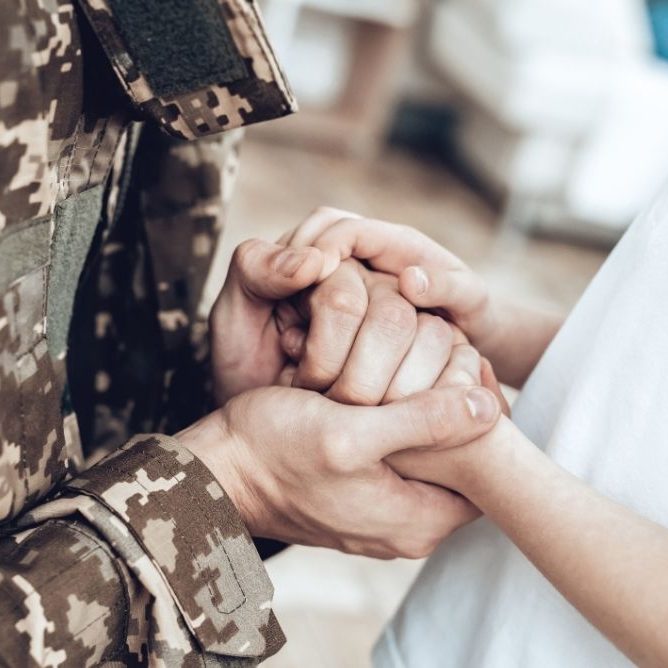One Suicide Is Too Many
SPTI is proud to offer suicide prevention training for veterans and those who provide care to veterans.
The LivingWorks ASIST™ Workshop helps to reduce surface and underlying risk factors which may include:
- Frequent deployments
- Deployments to hostile environments
- Exposure to extreme stress
- Physical or sexual assault while in the service (not limited to women)
- Length of deployments
- A prior suicide attempt
- Mental health conditions
- Stressful life events such as divorce, job loss, or the death of a loved one
- Availability of lethal means
- Service related injury
- Recent transition from military service to civilian life


National Veteran Suicide Prevention Annual Report
- Veteran suicides exceeded 6,000 each year from 2008 to 2017. The average number per day rose from 15.9 Veteran suicides per day in 2005 and 16.8 in 2017.
- In 2017, the suicide rate for Veterans was 1.5 times the rate for non-Veteran adults, after adjusting for population differences in age and sex.
- In addition to the aforementioned Veteran suicides, there were 919 suicides among never federally activated former National Guard and Reserve members in 2017, an average 2.5 suicide deaths per day.
Source: 2019 National Veteran Suicide Prevention Annual Report, Office of Mental Health and Suicide Prevention, U.S. Department of Veterans Affairs
Veterans Helping Veterans
SPTI is proud to be a Veteran-led mission. Our Executive Director, Dr. Derrick "TC" Copper, is a Navy veteran who has provided behavioral health services to the Department of Defense, U.S. Army, and Army Substance Abuse Program for 35 years.
We understand the unique needs of our service members and have created a space where veterans and their families can feel safe and supported.

Dr. Derrick "TC" Copper
You Can Make a Difference
Get the skills to help save a life from suicide. Attend or host an ASIST™ suicide prevention training program in your community.
